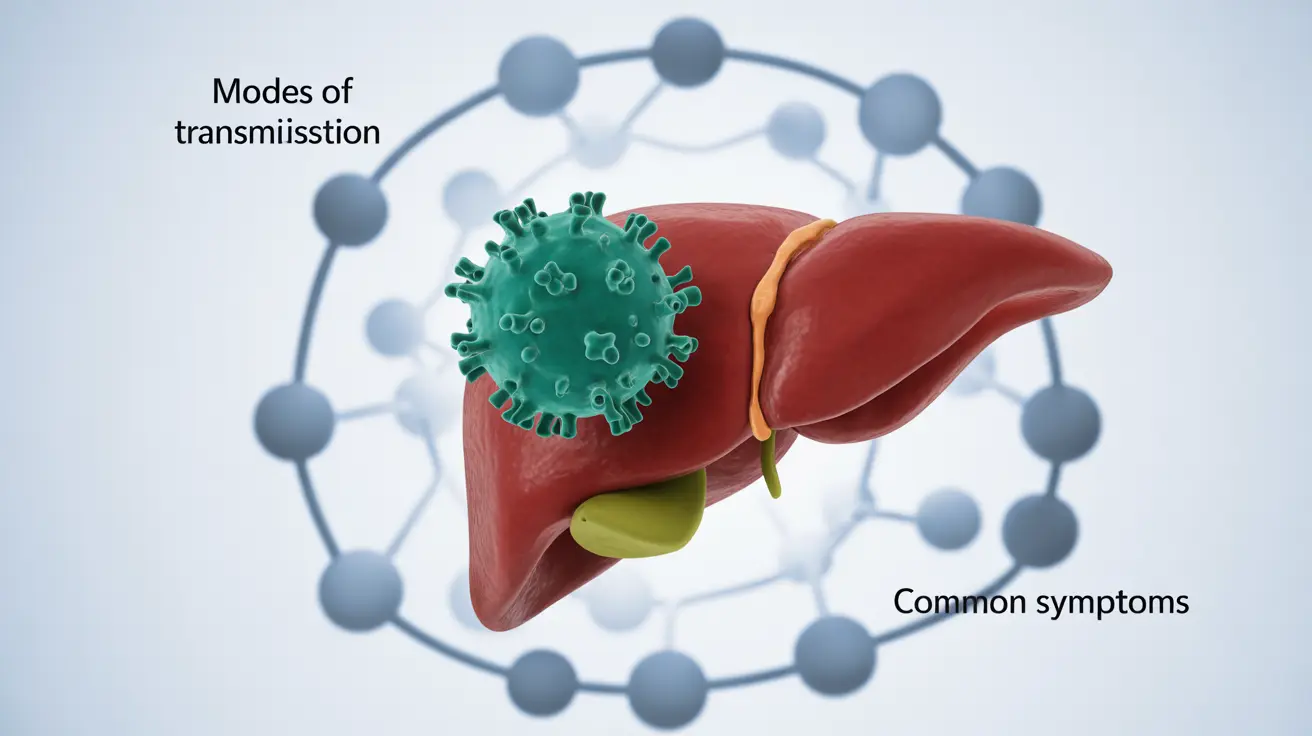Hepatitis C is a serious viral infection that affects the liver, potentially leading to both acute and chronic health complications. This blood-borne virus can cause inflammation and damage to the liver, making it crucial to understand its nature, symptoms, and available treatments. While acute hepatitis C can sometimes resolve on its own, many cases develop into chronic infections requiring medical intervention.
Early detection and proper treatment are essential for managing hepatitis C effectively. With modern medical advances, the condition is now curable in most cases, though prevention remains the best strategy for protecting your health.
What is Hepatitis C and How Does Infection Occur?
Hepatitis C is caused by the hepatitis C virus (HCV) that primarily targets the liver. The virus spreads through contact with contaminated blood, most commonly through:
- Sharing needles or other drug injection equipment
- Needlestick injuries in healthcare settings
- Birth from an infected mother to her baby
- Sharing personal items that may have blood on them
- Unsterilized tattoo or piercing equipment
Understanding these transmission routes is crucial for both prevention and identifying if you might be at risk for infection.
Recognizing Acute Hepatitis C Symptoms
Many people with acute hepatitis C don't experience noticeable symptoms initially. When symptoms do appear, they typically develop within 2-12 weeks after exposure and may include:
- Fatigue
- Fever
- Loss of appetite
- Nausea
- Abdominal pain
- Dark urine
- Clay-colored stools
- Joint pain
- Jaundice (yellowing of skin and eyes)
Diagnosis and Testing Guidelines
Healthcare providers diagnose hepatitis C through specific blood tests that check for:
- Antibodies to the hepatitis C virus (anti-HCV test)
- The presence of the virus itself (HCV RNA test)
- Liver function tests to assess damage
Testing is recommended for individuals who:
- Were born between 1945 and 1965
- Have ever injected drugs
- Received blood transfusions before 1992
- Have HIV
- Show signs of liver disease
Modern Treatment Approaches
Current treatments for hepatitis C have evolved significantly, with direct-acting antiviral (DAA) medications offering cure rates of over 95%. These treatments typically:
- Last 8-12 weeks
- Have fewer side effects than older treatments
- Come in pill form
- Work against most HCV genotypes
The specific treatment plan depends on factors such as virus genotype, liver damage extent, and previous treatments.
Prevention Strategies
Preventing hepatitis C infection involves several key practices:
- Never sharing needles or other drug injection equipment
- Using sterile medical and tattoo equipment
- Avoiding shared personal items that might have blood contact
- Practicing safe sex, especially if you have multiple partners
- Following universal precautions in healthcare settings
Frequently Asked Questions
What is hepatitis C and how do I get infected with it?
Hepatitis C is a viral infection affecting the liver, transmitted through blood-to-blood contact. The most common transmission routes include sharing needles, unsafe medical procedures, and, less commonly, from mother to child during birth.
What are the common symptoms of acute hepatitis C infection?
Common symptoms include fatigue, fever, nausea, abdominal pain, loss of appetite, and jaundice. However, many people don't experience noticeable symptoms during the acute phase.
How is hepatitis C diagnosed and when should I get tested?
Diagnosis involves blood tests checking for HCV antibodies and viral RNA. Testing is recommended for those with risk factors, including past injection drug use, birth between 1945-1965, or potential exposure to contaminated blood.
What treatments are available to cure hepatitis C?
Modern direct-acting antiviral medications can cure most hepatitis C cases within 8-12 weeks. These treatments are highly effective, with cure rates exceeding 95% and fewer side effects than older treatments.
How can I prevent getting hepatitis C or spreading it to others?
Prevention involves avoiding blood contact through not sharing needles or personal items that might have blood on them, using sterile medical equipment, and practicing safe sex. Healthcare workers should follow universal precautions.




